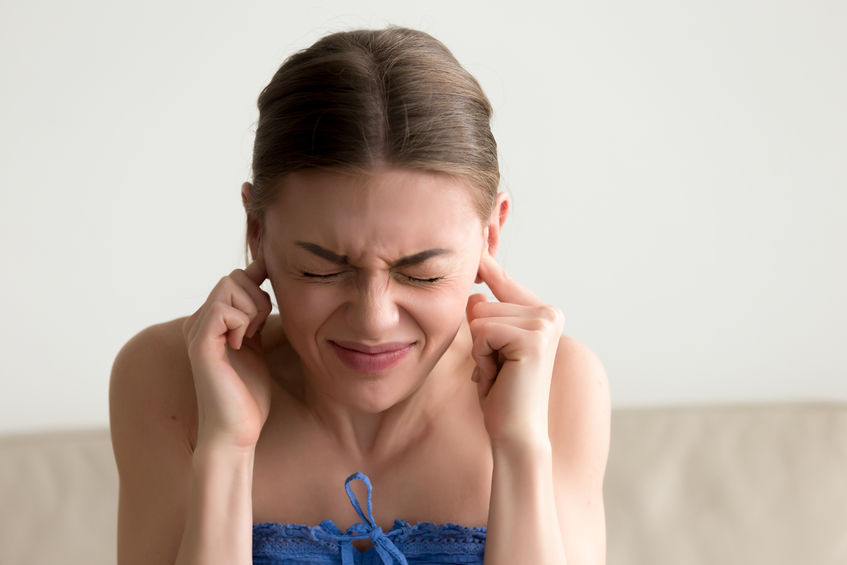A Common Condition
Tinnitus is more common than most people realize, affecting around 15-20% of the population. Tinnitus is not necessarily a condition but rather a cluster of symptoms associated with other disorders. Some of these underlying conditions can include age-related hearing loss, injury to the ear, or a circulatory system disorder.
Phantom noises
The main characteristic of tinnitus is hearing phantom noise. This can present as a ringing in the ears, a buzzing, humming, or clicking sound. For some people, these symptoms are present all the time. In other patients, the symptoms come and go.
Symptom management
There is no single cure for ringing in the ears, but there is a range of treatment options that can help. These treatments focus on symptom management. First, an ear, nose, and throat (ENT) specialist will work to determine the underlying cause of the symptoms. From there, the ENT can determine the best course of treatment. Certain medications can make tinnitus worse, as can loud noises, tooth grinding, and jaw clenching. A doctor may recommend certain lifestyle changes to lessen ringing in the ears. General healthy habits, such as getting quality sleep, eating a nutritious diet, and exercising regularly, can also help.
Can I prevent the condition?
Many of the same recommendations for avoiding hearing loss also apply to prevent tinnitus. Some of these include:
- Protect the ears when exposed to loud noises
- Decrease salt intake and manage blood pressure
- Avoid taking large quantities of non-steroidal anti-inflammatory drugs (NSAIDs)
- Practice good health habits, such as getting enough sleep and avoiding over-exhaustion
Additionally, tinnitus symptoms can be worse when there is no external noise. For example, running a fan or white noise machine while sleeping can make patients more comfortable. Some hearing aids even provide a competitive sound similar to a white noise machine.
Know your risks
Recurrent ear infections can be a risk factor for tinnitus. To avoid ear infections, experts recommend avoiding putting anything in the ear, even cotton swabs. If a patient uses earplugs or hearing aids, make sure that these objects are staying clean at all times. Patients who already experience ringing in the ears may notice that symptoms worsen when using alcohol, so experts recommend drinking in moderation.
Find treatment options
Patients who have ringing in the ears should make an appointment with an ENT. These specialists can help to diagnose the root cause of the problem and provide treatment options so patients can find relief.




